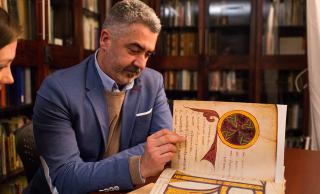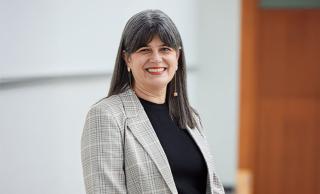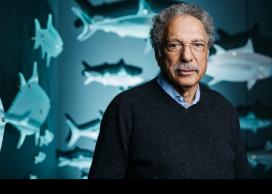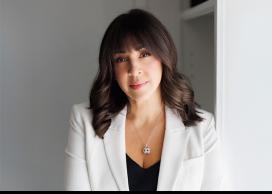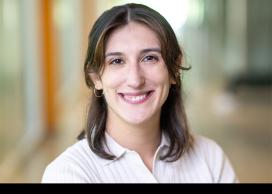Research in focus: Karen Sherwood
Learn more about the work of our researchers at UBC
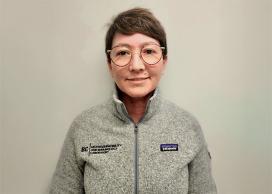
February 24, 2025
Name:
Karen Sherwood
My pronouns:
She/Her
Title:
Clinical Associate Professor
Faculty/Department/Unit:
Medicine/Pathology and laboratory medicine
Location:
Vancouver
Year I started working at UBC:
2014
Provide an overview of your research in 75 words or less:
My research primarily focuses on precision medicine in the context of transplantation, encompassing both hematopoietic stem cell and solid organ transplantation. My work involves translational immunology, aiming to bridge the gap between basic scientific research and clinical application to enhance patient care. I am particularly involved in projects that utilize genomic and precision health technologies to personalize treatments and reduce the risk of transplant rejection.
What first motivated you (or motivates you) to conduct your research?
As Don Henley once wrote ‘the more I know, the less I understand.’ This learning paradox is a mixed motivator for me. The furious pace at which technological advances have happened has opened up areas of immunology research simply incomprehensible earlier. We are able to investigate more avenues of the immune system, with greater resolution, but it also makes me realize just how limited our views were prior… and possibly how limited still! Regardless, on-wards!
What do you hope will change as a result of this research?
At the start of my career, achieving operational tolerance in transplants felt unsurmountable. Now, thanks to breakthroughs like Nanopore sequencing and immune-monitoring tools (areas my lab explores), our grasp of the immune system has increased exponentially. This allows us to personalize patient care like never before, making operational tolerance a realistic goal – hopefully within my career!
Describe any interesting research milestones you are approaching
New research shows specific immune system targets on HLA molecules, not the entire molecule, predict organ rejection and outcome. Studies suggest matching for these targets can improve transplant success. Funded by Genome Canada, we are launching a world-first program based on this principle, aiming at reducing the risk of rejection, minimizing immunosuppression need, and constitutes one of the first steps to achieving transplant tolerance, where patients would no longer need lifelong anti-rejection drugs.
What does the future of immunology research hold for us?
Our grasp of the immune system, arguably the body's most complex system, remains surprisingly limited. I'm passionate about making our research more accessible to patients. Artificial Intelligence tools could be one way, but even simple approaches work! We brought hands-on experiments and games about immunology to Science World for the International Day of Immunology event last April – they were a blast to create!
- Our people
- Research
- Research in focus

